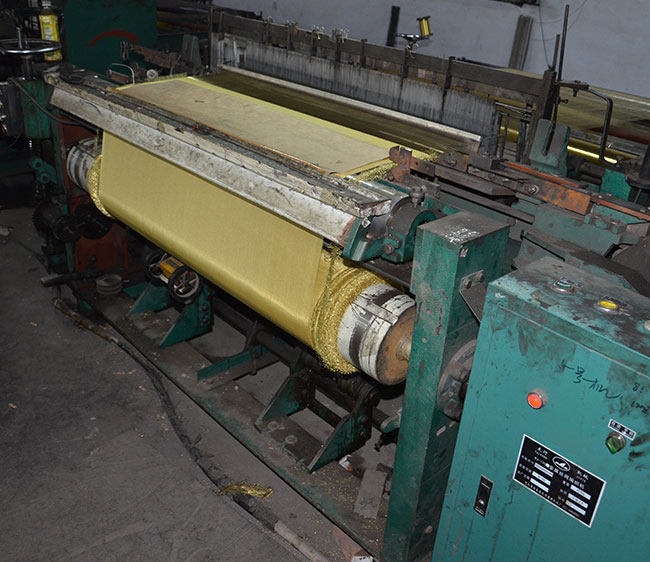Jul . 28, 2024 12:42 Back to list
How to Select Premium Quality Wire Mesh for Your Buying Needs and Projects
High-Quality Buying Guide for Wire Mesh
Wire mesh is a versatile material widely used in various industries, from construction and agriculture to manufacturing and home improvement. Its applications range from security fencing and architectural elements to filtration systems and animal enclosures. As a result, choosing the right wire mesh is crucial to achieving the desired functionality, durability, and aesthetic appeal. This article provides a comprehensive guide for purchasing high-quality wire mesh, ensuring that you make an informed decision.
Understanding Wire Mesh Types
Before purchasing wire mesh, it's essential to understand the different types available. Wire mesh can be categorized based on material, wire diameter, mesh size, and weave pattern. Common materials include galvanized steel, stainless steel, aluminum, and plastic, each with unique properties
1. Galvanized Steel This type is coated with zinc to prevent rusting, making it a popular choice for outdoor applications. 2. Stainless Steel Known for its corrosion resistance and strength, stainless steel wire mesh is ideal for environments exposed to harsh chemicals or extreme weather conditions. 3. Aluminum Lightweight and resistant to rust, aluminum wire mesh is perfect for decorative uses and temporary structures. 4. Plastic Mesh Often used in gardening and agricultural applications, plastic mesh is resistant to UV rays and is easy to handle.
Wire Diameter and Mesh Size
When selecting wire mesh, pay attention to the wire diameter and mesh size, as these factors influence strength and usability. The wire diameter affects the mesh's load-bearing capacity; thicker wires provide greater strength. Mesh size, defined by the number of openings per linear inch, determines the amount of material that can pass through. For example, finer mesh is suitable for filtration and containment applications, while larger mesh might be used for fencing or agriculture.
high quality buying wire mesh

Quality Indicators
To ensure you're purchasing high-quality wire mesh, consider the following indicators
1. Material Certification Look for products that meet industry standards and certifications, indicating the material's quality and reliability. 2. Durability Check for coatings that enhance the mesh's resistance to rust, corrosion, and wear, especially if it's intended for outdoor use. 3. Weave Pattern Examine the weave pattern, as it affects the mesh's strength and flexibility. A tighter weave often indicates higher quality. 4. Finish A smooth finish reduces the risk of injury when handling the mesh and is a sign of good manufacturing practices.
Supplier Reputation
Choosing a reputable supplier is crucial for ensuring you receive high-quality wire mesh. Research potential suppliers by reading customer reviews, checking their experience in the industry, and evaluating their product offering. A reliable supplier should provide clear product specifications, offer samples if possible, and have good customer service to assist with your purchasing decisions.
Conclusion
Wire mesh is an essential material that serves many purposes across various industries. When purchasing wire mesh, understanding the different types, considering the wire diameter and mesh size, and identifying quality indicators can significantly impact your project's success. Additionally, selecting a reputable supplier will ensure that you receive a product that meets your needs. By taking these factors into account, you can confidently acquire high-quality wire mesh that will stand the test of time and fulfill its intended function effectively.
share
-
Safety Mesh for Windows – Durable Mosquito and Insect Protection Solutions
NewsJul.08,2025
-
12x24x1 Air Filter – High Efficiency Replacement for Improved Air Quality
NewsJul.08,2025
-
Premium Stainless Steel Mosquito Mesh - Durable, Rust-Resistant Protection for Windows & Doors
NewsJul.08,2025
-
Premium Stainless Steel Garden Mesh for Lasting Durability Best & High Quality Mesh Solutions
NewsJul.07,2025
-
Gold and White Blackout Curtains – Elegant Light Blocking & Insulation for Home
NewsJul.07,2025
-
Premium Spa Filter Cartridge for Clean Water Spa Pool Filters Cartridges for Jacuzzi Durable, high-efficiency spa filter cartridge for spas and jacuzzis. Improve water quality—order your pool filter cartridge now!
NewsJul.07,2025

